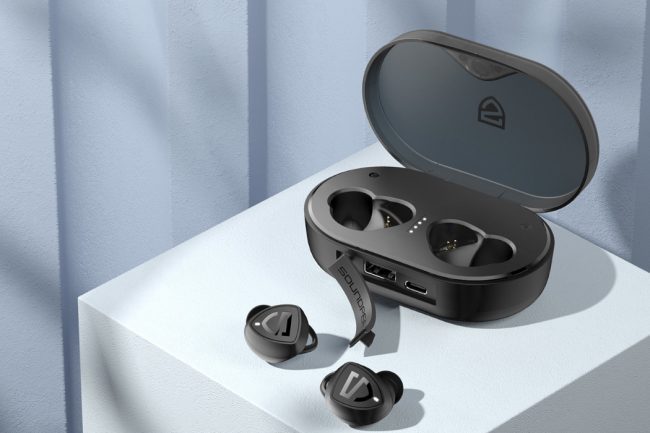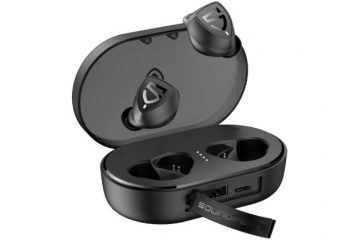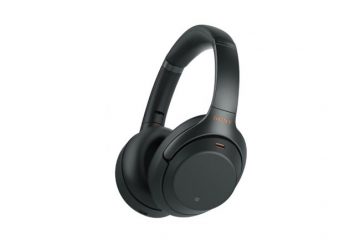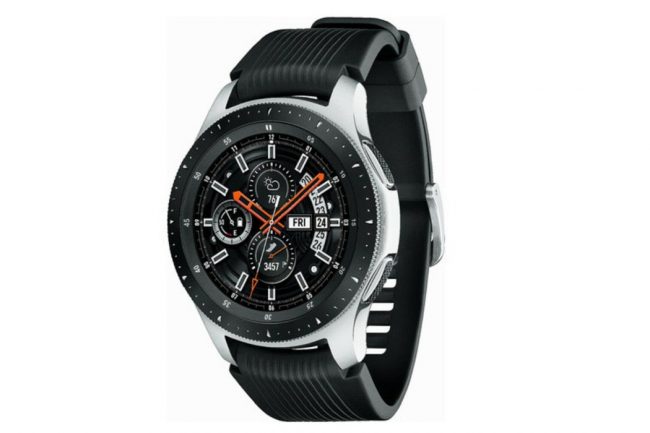Researchers Found Negative Effects of White Noise on Your Sleep
Something to think about before listening to your white noise sleep aid
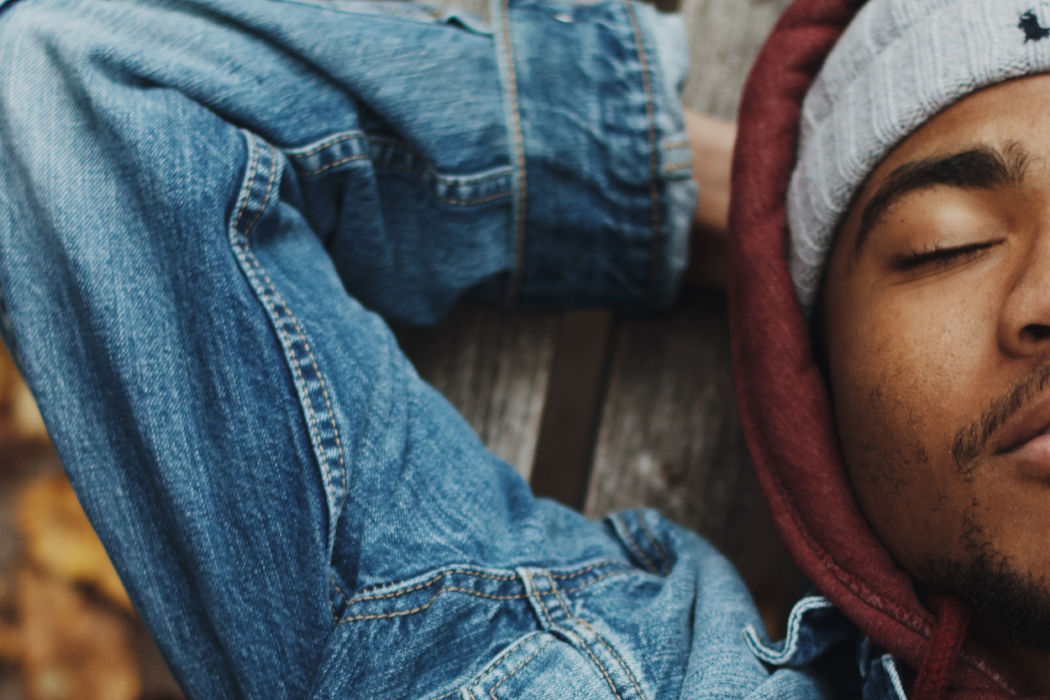
Have you been facing difficulty in sleeping properly over the last few years? Chances are that you have followed the advice of other sleepers which is, to tune into white noise via your earphones.
A small number of people have been advocating that white noise helps in sleeping by calming the mind and improving restfulness. However, that is just a theory.
Now, a growing number of researchers are point out that white noise does not have any benefit to sleep at all. Furthermore, they also argue that it might do more harm compared with any good.
Does white noise help you sleep?
Based on new research by the School of Medicine at the University of Pennsylvania, white noise could negatively affect your sleep cycle. In specific, it can make it harder for you to fall into a deep sleep.
According to this research by Mathias Basner, white noise apps are not recommended at all. In an interview with The Guardian, he bluntly states, “I wouldn’t broadly recommend them,” in a statement. He further added that there is no concrete evidence that white noise does work.
Professor Christian Cajochen, of the Centre for Chronobiology at the University of Basel in Switzerland, also said, “Any acoustic stimulus being continuous or not has the potential to interrupt the sleep process.”
Using a fan is the most common choice, although mobile apps allow an insomniac to pick calming white noise recordings such as crashing waves or other sounds of nature.
One theory that supports its purported effectiveness is that it becomes a self-fulfilling action beacuse the sound of a fan helps you sleep because you usually turn it on when going to bed.
Sleep medicine expert Colin Espie of the University of Oxford told the Guardian, “Even the idea is a very limited one conceptually,”
“The main concern to overcome in poor sleep is the busy or racing mind. People can’t switch off mentally,” he also explained.
“White noise is just like any other monotonous stimulation, which has been tried many times in many ways over decades, and the evidence [for its efficacy] is poor.”
Furthermore, Basner also added that due to the white noise, the brain constantly keeps processing the information while sleeping. Even something as mundane as white noise keeps getting registered by our brain.
He added, “You probably want to have a period where the auditory system can wind down, regenerate and prepare for the next wake period,” further in his statement.
“Additional research with objective sleep measures and detailed descriptions of noise exposure is needed before promoting continuous noise as a sleep aid, especially since it may also negatively affect sleep,” the team concluded the study.
Since a big number of people have been relying on white noise to fall asleep, several other surveys have also suggested the same. So, the research by Basner and other experts certainly holds some truth in it.
Instead of using white noise applications, researchers suggest you maintain a healthy and natural sleep-wake cycle by avoiding activities that may disrupt your sleep at night time.
The information in this article is for informational purposes only and is not intended as health or medical advice. Always consult a qualified health professional regarding any inquiries you may have about medical concerns.


